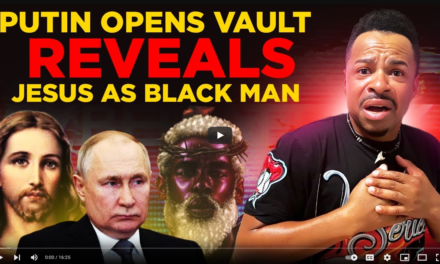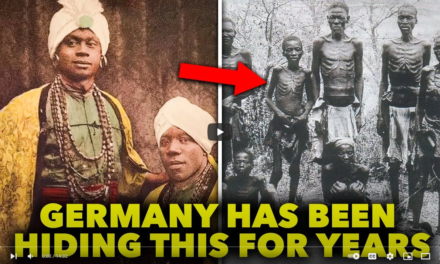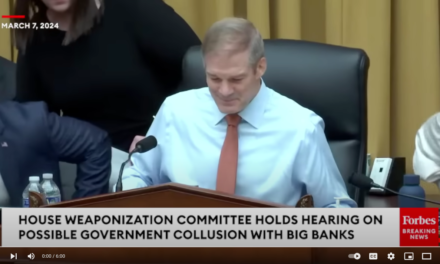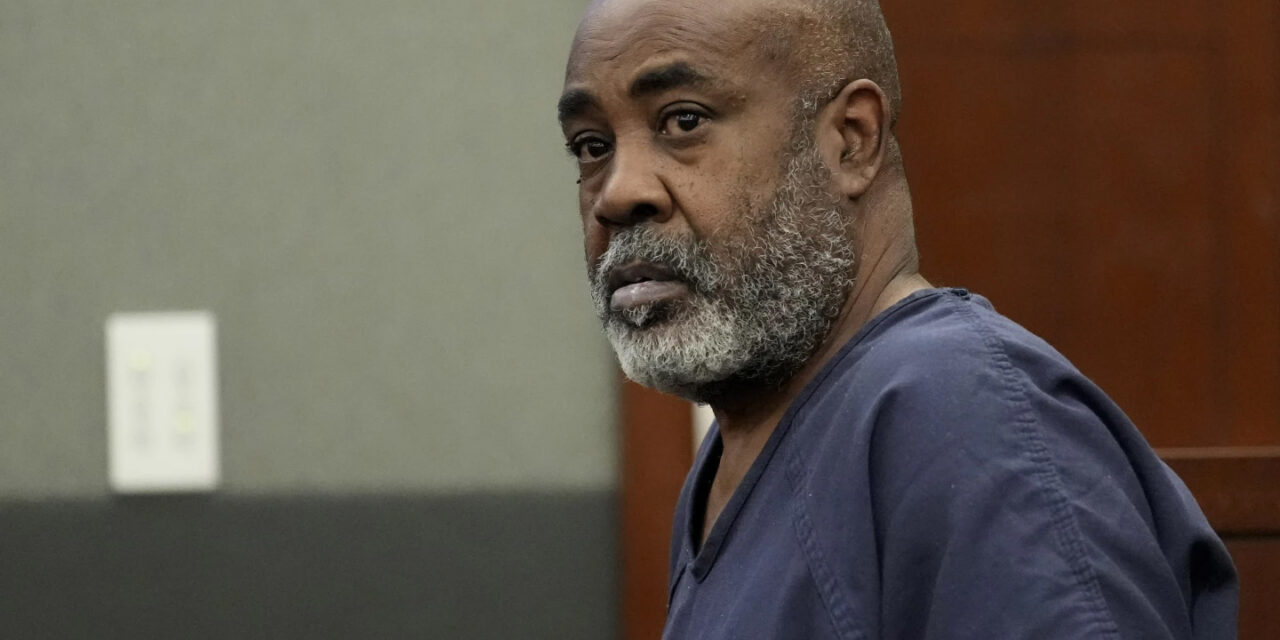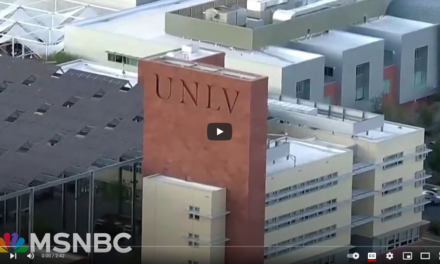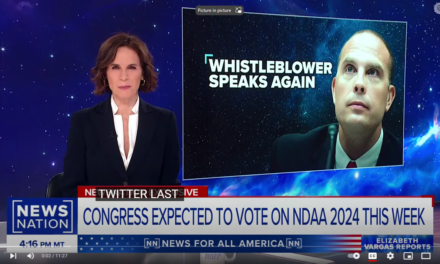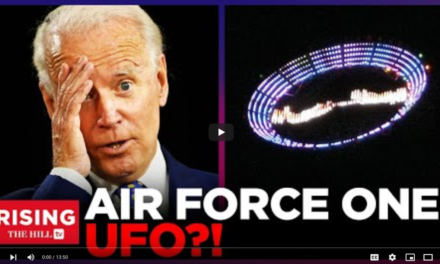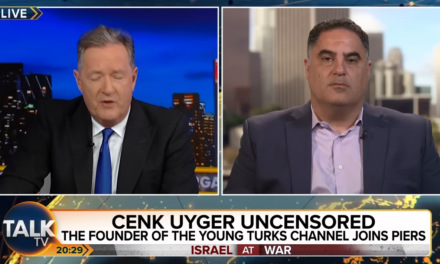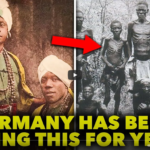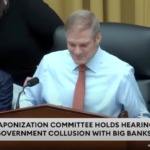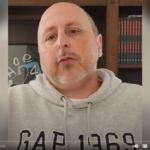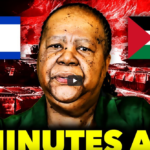(AP Photo / John locher, Pool)
Unraveling the Tupac Shakur Murder Mystery: Keffe D’s Plea of Innocence
In the world of hip-hop, the name Tupac Shakur still resonates with fans and artists alike, nearly three decades after his untimely death. The rapper’s life was tragically cut short in a drive-by shooting in Las Vegas in 1996, leaving fans and the music industry in shock. The case remained unsolved for years, with many speculations and conspiracy theories surrounding the circumstances of his murder. However, recent developments have shed light on the case, as former gang leader Duane Keith “Keffe D” Davis faces charges for orchestrating the murder.
Keffe D’s Upcoming Plea:
Duane Keith “Keffe D” Davis, the only surviving occupant of the vehicle involved in the fatal drive-by shooting of Tupac Shakur, is expected to plead not guilty to murder charges in a Nevada courtroom. This development comes amid questions regarding his legal representation. While Keffe D initially sought the services of local defense attorney Ross Goodman, he lost that bid. It remains uncertain whether he will hire another defense lawyer or if a public defender will be appointed by the judge.
Challenges in the Case:
Keffe D’s defense attorney, Ross Goodman, previously spoke on his behalf, asserting that the prosecution lacks essential evidence and credible witnesses to connect his client to the murder that took place 27 years ago. However, he did not provide a specific reason for his inability to represent Keffe D in this high-profile case.
Background of the Case:
Tupac Shakur, a renowned hip-hop artist, was fatally shot in a car-to-car attack in Las Vegas, and the incident also left rap music mogul Marion “Suge” Knight injured. Shakur succumbed to his injuries a week later at the age of 25. Suge Knight, on the other hand, is serving a 28-year prison sentence in California for an unrelated crime.
Prosecutors argue that Shakur’s murder was a result of a fierce rivalry between East Coast and West Coast hip-hop factions during the “gangsta rap” era. It allegedly stemmed from a brawl at a Las Vegas Strip casino involving Shakur and Keffe D’s nephew, Orlando “Baby Lane” Anderson.
Key Evidence and Statements:
Prosecutors maintain that Keffe D provided the murder weapon to an occupant of the Cadillac involved in the drive-by shooting. They cite multiple interviews and a 2019 memoir in which he reportedly implicated himself in the murder. Keffe D’s history leading a Crips sect in Compton adds another layer to this complex and long-standing case.
Conclusion:
The murder of Tupac Shakur has remained a subject of intrigue and speculation for decades, with fans and the music industry searching for answers. The arrest and forthcoming trial of Keffe D, the alleged orchestrator of the 1996 drive-by shooting, represent a significant development in the case. As he prepares to plead not guilty to the charges, questions about the strength of the prosecution’s evidence and Keffe D’s choice of legal representation continue to linger. The outcome of this trial may finally bring closure to one of hip-hop’s most enduring mysteries.

